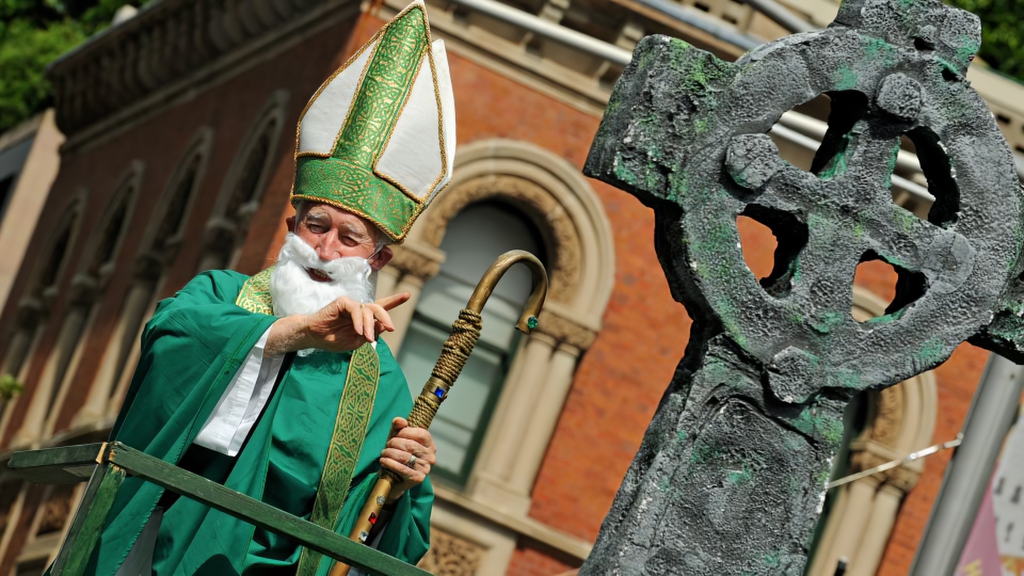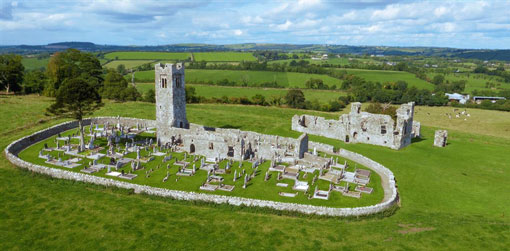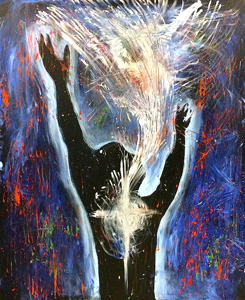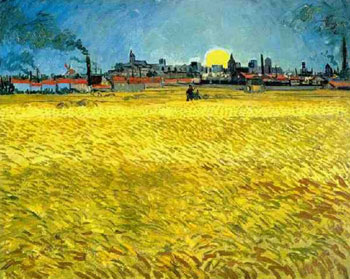
Today is March 17, St. Patrick’s day. Among all the saints, St. Patrick’s day is easily remembered. You can’t forget it with all the celebrations. In our time it is connected with parades, wearing green, and drinking green beer among others.
Many things may be surprising about his life. No, he didn’t wear green. He wasn’t Irish but British. His original name wasn’t Patrick. Plus there may be parts of his original story made up by him to promote his cause. British professor Philip Freeman, author of a biography on St. Patrick has tried to strip away the legends – That he was “kidnapped from Britain, forced to work as a slave, but managed to escape and reclaim his status, is likely to be fiction.” Were the stories a way to escape his place in England?
So what is left and what’s in it for us in 2023? Plenty! Subtitle – how to succeed in the world? First, you must have a mission. Then you must pursue it with all of your talents. You must have a unique angle, different from others. Call it creativity and add in some luck. Let’s take each one.
1. He succeeded in his mission which is his objective and also includes his methods. He was determined to convert Ireland to Christianity from the Druids. In 431, St. Patrick was consecrated Bishop of the Irish and went to Ireland to spread “the Good news” there. He baptized thousands and ordained many priests to lead new communities of Christians. Patrick made his headquarters at Armagh in the North, where he built a school, and had the protection of the local monarch. He had a stable base! From this base, he made extensive missionary journeys, with considerable success.
2. He was known for his passion and zeal and was creative at the same time. He was totally dedicated as a priest for 40 years. Patrick is said to have used the shamrock to explain the Trinity, demonstrating that God is both three (Father, Son, and Holy Spirit), yet one, as the shamrock is both three-leafed, yet a single plant. Shamrocks were sacred plants for the Druids, symbolizing eternal life. So he re-interpreted known symbols.
3. He is considered the first writer in Irish history. He has left us an autobiography (called the Confessio), a Letter to Coroticus (cruel ruler who persecuted Christians) in which he denounces the slave trade and rebukes the British chieftain Coroticus for taking part in it, and the Lorica (or “Breastplate” a poem of disputed authorship traditionally attributed to Patrick), a work that has been called “part prayer, part anthem, and part incantation.”Breastplate” is in the Episcopal Hymnbook. The version tune we sing was written by Mrs. Cecil F. Alexander, for St. Patrick’s Day, 1889, and sung generally throughout Ireland on that day
“Christ be within me, Christ behind me, Christ before me, Christ beside me, Christ to win me, Christ to comfort and restore me, Christ beneath me, Christ above me, Christ inquired, Christ in danger, Christ in hearts of all that love me, Christ in mouth of friend and stranger.”
A possible 4. Tell your own story which he did!









